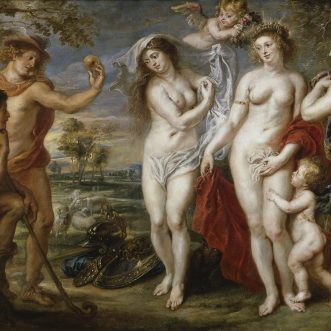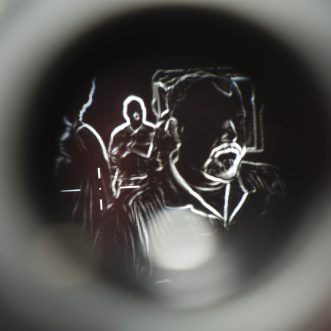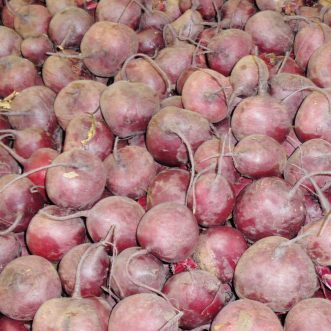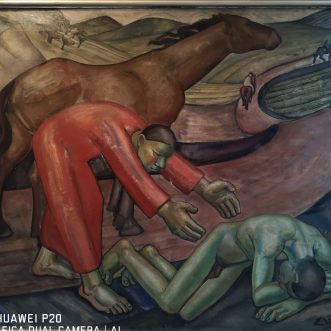August 2, 2019
Profit = Revenue – Cost.
So if you can reduce cost, you can increase profit. And if you can increase revenue you can also increase profit.
So how do you do that?
The classic answer is that there are only 4 ways:
- Sell to more customers
- Sell more at a time to each customer
- Sell more frequently to each customer
- Put your prices up
This is of course true, but it misses a vital point. Nowadays, whatever business you are in, there are hundreds of options for customers to choose from. Why should they buy from you? Why should they pay you more than the next business?
Unless you are operating in some unfortunate part of the world, nobody really needs anything any more. For example, we all need to eat, but do we really need 25 different kinds of cornflake? Do we really need cornflakes at all?
No.
The truth is that you’re not selling anything. You’re making a promise. A promise to help the people you serve become who they really want to be. That’s what people are willing to pay for. The bigger and better the promise, the more it will be worth to the right person. That’s how you increase revenues.
The hard part is working out who is the right person, and who it is they want to become.
And the hardest part is keeping the promise you make.









